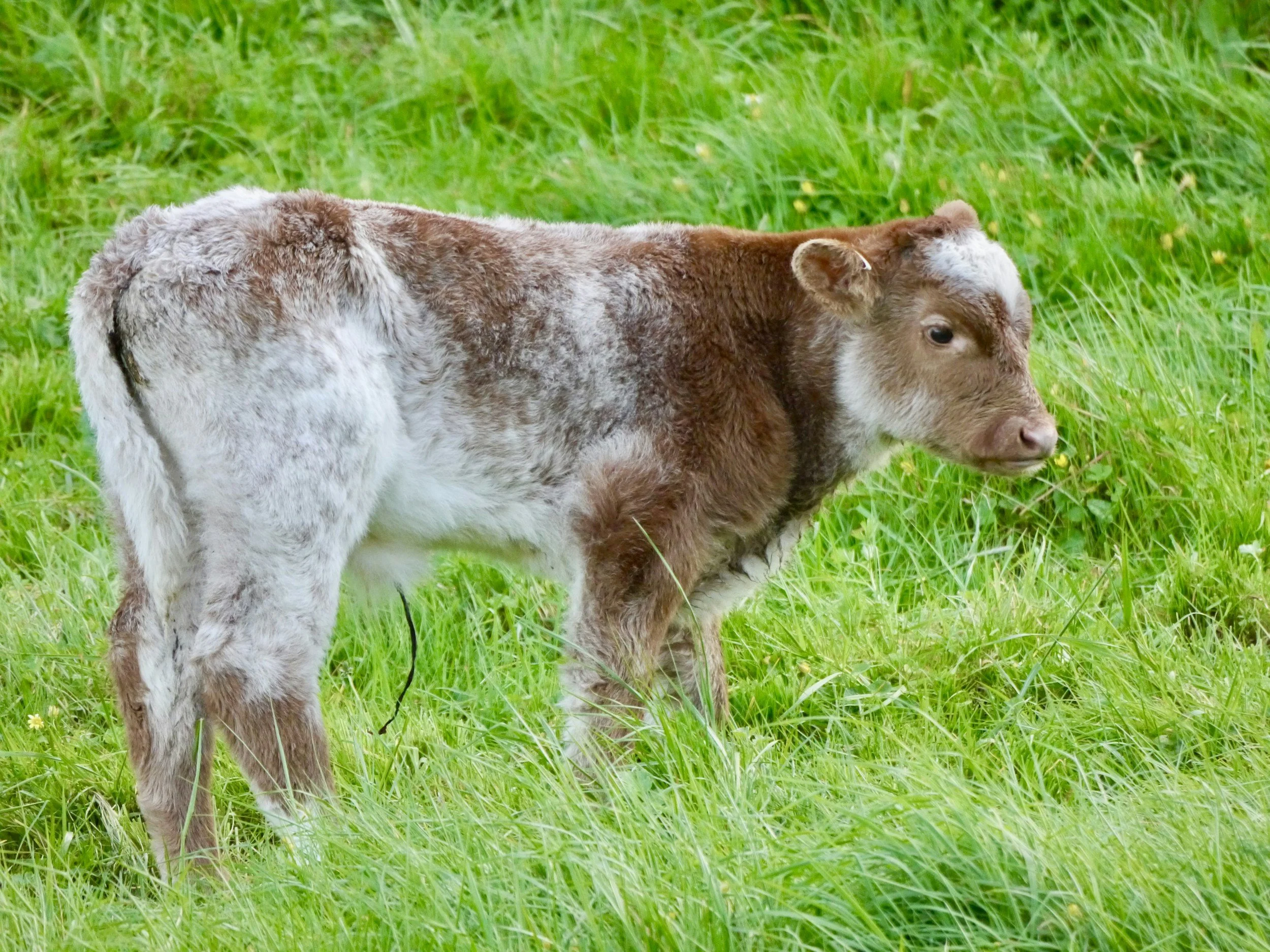
USDA Announces $165 Million Emergency Fund to Fight Screwworm Threat—Here’s Why It Could Save U.S. Livestock!
The USDA has allocated $165 million in emergency funding to combat the spread of New World screwworm (NWS) in livestock. This funding will support surveillance and efforts to prevent the parasite from reaching U.S. borders, following recent outbreaks in Central America and Mexico. Learn how the USDA is tackling this devastating threat to animal health and the economy.

New Study Unlocks Secrets of Cryptococcus Strains—Could This Be the Key to Better Treatment for Deadly Fungal Infections?
A groundbreaking six-year study by Kirsten Nielsen and her team at Virginia Tech’s Center for One Health Research has uncovered critical genetic factors in Cryptococcus neoformans, the fungus responsible for severe infections in humans and animals. Learn how these findings could pave the way for better treatments and predictive diagnostics for cryptococcosis.

Avian Flu Hits Michigan Again: What You Need to Know About the Latest HPAI Outbreak in Ottawa County
Michigan is facing its second confirmed case of highly pathogenic avian influenza (HPAI) in a commercial poultry facility in Ottawa County, following an investigation by the Michigan Department of Agriculture and Rural Development (MDARD). This marks the first detection of the disease in Michigan poultry since May 2024, when the state grappled with its largest outbreak of the virus. As temperatures remain cold and wild bird populations continue to circulate the virus, experts are urging farmers and caretakers to take immediate action to contain the disease and prevent its spread.

The Mutating H5N1 Virus Is Spreading—Here’s What You Need to Know About the Latest Threat to Humans, Animals, and Our Food Supply!
The H5N1 avian influenza virus has spread beyond poultry, infecting wildlife and even dairy cattle. With more than 500 bird species and 70 mammalian species affected, the FAO warns of serious food security risks. While the current public health risk is low, the virus is evolving rapidly. Learn how this virus could impact global food security, and what experts are saying about the potential risk to humans and animals.

Midwestern University Takes Huge Step Toward Launching Veterinary College in Illinois—Here’s What It Means for Future Vets!
In a major development for veterinary education, Midwestern University has announced that its proposed College of Veterinary Medicine–Illinois has been granted provisional membership by the American Association of Veterinary Medical Colleges (AAVMC). This milestone marks an important step in the University's efforts to expand its veterinary programs and address the growing demand for trained veterinarians.
Currently, Midwestern University’s College of Veterinary Medicine in Glendale, Arizona, is already an AAVMC member. The new veterinary medicine program being developed for the University’s Downers Grove Campus in Illinois is poised to make a significant impact on the future of veterinary education in the region.

AVMA President Elect, Dr. Michael Q. Bailey, Champions Veterinarians’ Role in Combating Climate Change—
The AVMA has approved a new policy on climate change and sustainability, emphasizing veterinarians' critical role in addressing environmental health. Learn how Dr. Michael Q. Bailey, AVMA president-elect, supports this shift and how veterinarians can help combat climate change through One Health initiatives. This policy, born from member requests, outlines the AVMA's stance on climate change and its impact on veterinary practices.

